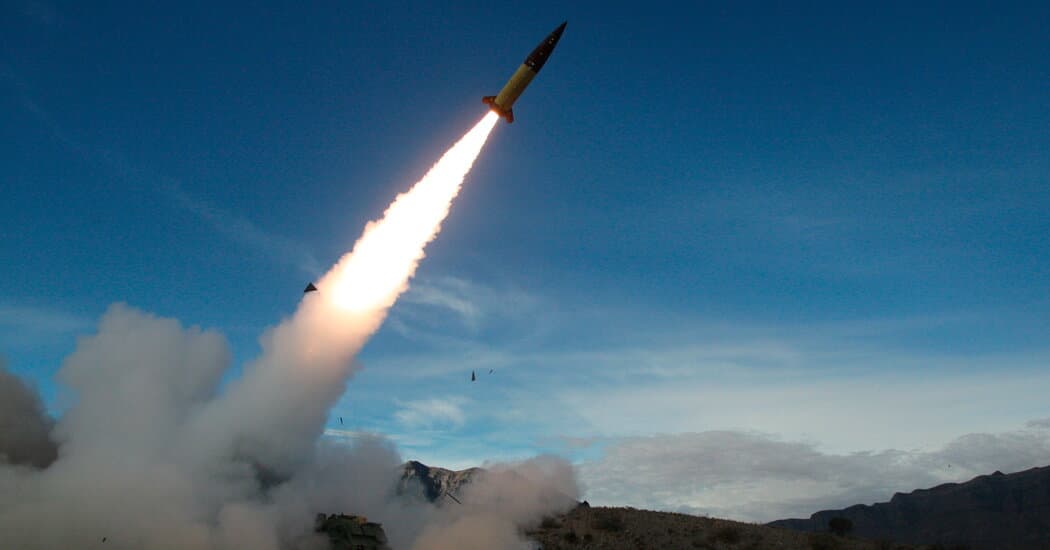Russia Says Ukraine Fired American ATACMS at Voronezh, Kyiv Responds
Russian officials said Ukrainian forces launched four U.S. supplied ATACMS missiles at the southern city of Voronezh on November 19, with air defenses intercepting the projectiles and debris striking civilian facilities. Kyiv said the operation targeted Russian military sites and called the use of long range American missiles beyond its territory a "significant development," a move that raises new diplomatic and legal questions about cross border strikes.

Russian defense authorities reported that on November 19 Ukrainian forces fired four U.S. supplied ATACMS missiles at the city of Voronezh. Moscow said Russian air defenses engaged the incoming weapons, shooting them down before they could reach their intended targets. Falling debris damaged the roofs of a geriatric center and an orphanage in the city, but Russian officials reported no civilian casualties.
Kyiv described the strikes as aimed at military sites inside Russia and emphasized their tactical intent. Ukrainian officials characterized the deployment of American long range missiles beyond Ukrainian territory as a "significant development." Moscow said it responded by striking what it identified as missile launch sites in Ukraine, framing the exchange as a retaliatory measure.
The incident represents a marked escalation in the long range strike dynamics that have defined the conflict since Russia's full scale invasion in 2022. The use of U.S. supplied systems capable of striking deeper into Russian territory broadens the geographic scope of Ukraine's strike envelope and complicates calculations for both Kyiv and its Western backers. For Moscow, the prospect of strikes on Russian soil by weapons sourced from a NATO country heightens political sensitivity and is likely to reverberate diplomatically.
Analysts and diplomats have long warned that extending the battlefield across international borders carries acute risks. Cross border strikes can trigger broader military responses, increase civilian harm through miscalculation or collateral damage, and raise difficult legal questions under international law about proportionality and the lawfulness of targeting decisions. For donor governments supplying longer range munitions, the prospect of their weapons being used to strike targets beyond an internationally recognized combat zone poses public relations and policy dilemmas at home.
Voronezh, a regional administrative center, is not on the immediate front line of the conflict but has been in Moscow’s internal logistics and command networks for decades. Damage to civilian social infrastructure in the city, even without reported casualties, underscores the wider human consequences when strikes cross international boundaries. Hospitals, care facilities and schools are particularly sensitive in the public eye and can become focal points for domestic and international condemnation regardless of the origin of the attack.
The exchange adds pressure to an already strained diplomatic environment as capitals around the world weigh continued military support for Ukraine against the risk of widening the war. Western officials have so far resisted red lines on certain classes of weapons while urging restraint in their use. Moscow’s swift retaliation signaled that Russia will treat strikes into its territory as acts requiring immediate response.
As the situation develops, the immediate priorities for international actors will be deescalation and verification. Independent assessments of what was struck, who was responsible for each strike, and the extent of damage will be crucial to shaping responses. In the meantime, the incident has underscored how the introduction of longer range systems can rapidly alter strategic calculations and amplify the consequences of already high stakes confrontation.

